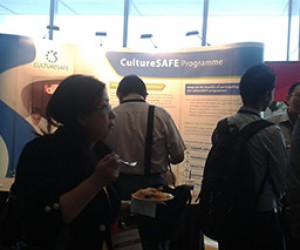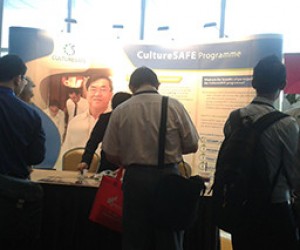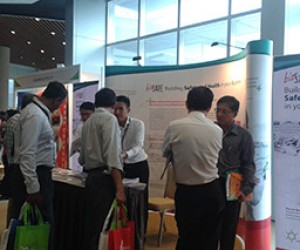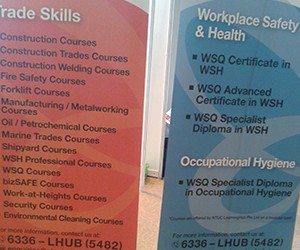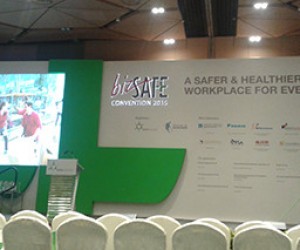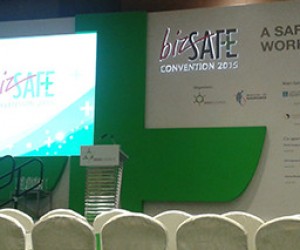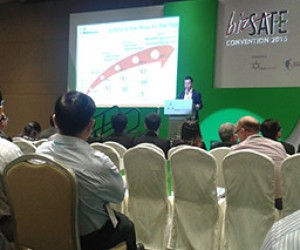“Many companies realise that WSH risks are part of that enterprise risks…” Mr Lee Tzu Yang, Chairman of WSH Council at bizSAFE Convention 2014
Loss of employee’s output due to injury or diseases will slow down productivity. An effective safety and health management system can reduce injuries, illnesses and their associated costs, such as medical expenses, employee’s injury compensation, additional manpower cost for covering lost time, etc. Hence it makes good business sense to invest in a workplace safety and health (WSH) management system.
Helping SMEs in Building Safety and Health Risk Management Capability
In 2007 the WSH Council launched the national bizSAFE programme to help small and medium enterprises (SMEs) build capability in managing safety and health risks. This initiative utilises a five-step programme which progressively builds the capability of companies in managing WSH risks. The programme also acknowledges companies’ WSH efforts through a certification programme. Since its inception, bizSAFE has attracted more than 19,400 companies which recognise the value in having WSH risk management capability.
Value of bizSAFE Certification
bizSAFE adopts a top-down approach where top management of companies attend a half-day workshop to embark on their bizSAFE journey (bizSAFE Level 1). The 2013 bizSAFE perception survey1, conducted by WSH Institute, revealed that management staff of bizSAFE Enterprises demonstrated greater involvement and commitment towards WSH by attending WSH meetings, monitoring companies’ WSH performance and setting WSH targets. This suggested that involving top management from the beginning of the bizSAFE certification made a difference in driving changes within the company.
When a company progresses to bizSAFE Level 3, its risk management plan would be implemented and audited. The survey showed that more bizSAFE Enterprises were aware of the safety and health risks at their workplaces and involved their employees in risk assessment process. Based on the employees’ perspective, the findings also suggested that bizSAFE certified companies had better WSH practices and programmes in place, such as having reward systems to recognise good WSH practices.
Almost 9 out of 10 companies that had engaged bizSAFE Enterprises found them to have better safety and health management and thus preferred to continue to engage bizSAFE certified companies for future projects. About two-thirds of them also indicated willingness to pay more to engage bizSAFE Enterprises. The findings implied that bizSAFE certification fostered more business opportunities and built rapport between companies that believed in having capability to manage WSH risks.
The bizSAFE evaluation study concluded that bizSAFE helped improve companies’ safety and health through creating a greater level of awareness of, better management of WSH risks, and a stronger commitment towards WSH. bizSAFE certification is also valued among like-minded companies that understand having an effective safety and health management system makes good business sense.

For more information on bizSAFE programme, visit www.wshc.sg or email to bizSAFE@wshc.sg.
The key findings on the evaluation of bizSAFE programme are available at www.wsh-institute.sg.
1 The study interviewed 1,652 companies for those with bizSAFE Level 3 certification or higher (a.k.a. bizSAFE Enterprises), those without bizSAFE certification as well as potential clients of SMEs to evaluate the business value of bizSAFE certification.



